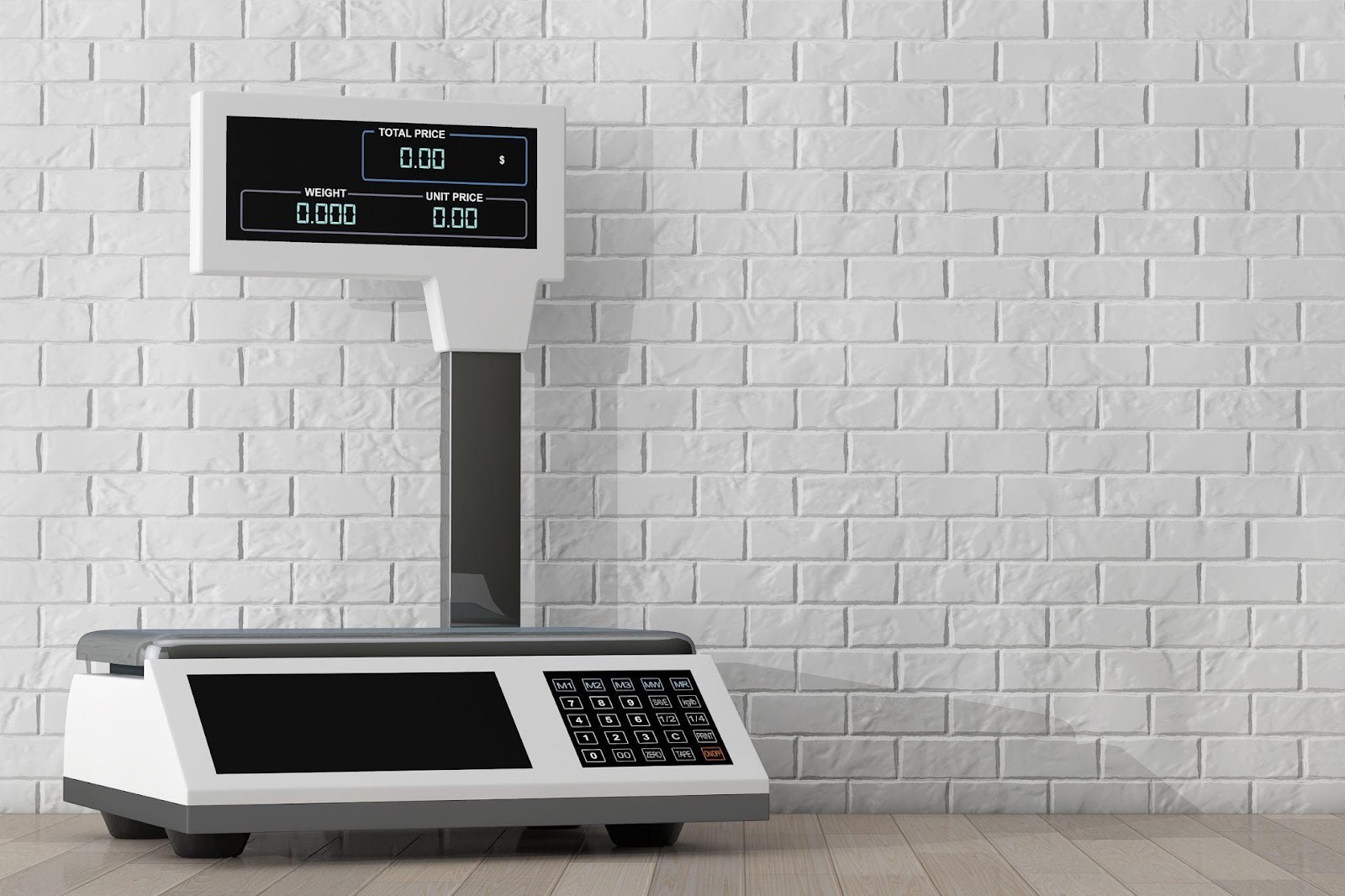
So, you need to buy a new weighing scale? Whether it’s for your home kitchen, a science lab, or an industrial setting, choosing the right scale is super important. With so many options out there, it can get confusing fast! That’s why I’ve put together these 12 key factors you must consider before making that purchase.
12 Weighing Scale Buying Factors You Shouldn’t Ignore
- Capacity: First up, you need to think about how much weight the scale needs to handle. Are you just weighing out ingredients for dinner? Then a basic kitchen scale with a capacity of 5-10 lbs should do the trick. But if you’re running a busy bakery, you’ll likely need a heavy-duty model rated for 50 lbs or more.
- Readability: Can you easily read the display? This is crucial for getting accurate measurements. Look for large, clear digital readouts. If you are using the scale in different lighting conditions, a backlit LCD display could be a wise choice.
- Graduation: This refers to the smallest change in weight that the scale can detect and display. The more precise you need your measurements, the finer the graduation should be. A 0.1 oz graduation is sufficient for kitchen use, while scientific scales may need to accurately measure down to 0.001 g.
- Construction: Will the scale see heavy use or harsh conditions? Then, you’ll want a ruggedly built scale with an impact-resistant case. Stainless steel construction can withstand moisture, spills, and regular cleanings. Plastic scales are usually more affordable but less durable.
- Platform Size: Make sure the weighing platform or platter is large enough to accommodate your largest items or containers. Oversized items hanging off the edges could throw off readings. Platform shapes and sizes vary among different scale types.
- Power Source: Battery power offers portability but you’ll need to routinely replace the batteries. An AC adapter allows continuous use but restricts mobility. Some scales run on rechargeable batteries – a nice compromise.
- Parts Counting: Need to count out tiny components or medications? Search for scales with built-in parts counting functions that calculate total piece counts based on an initial sample quantity.
- Special Modes: Premium scales often include advanced weighing modes for tasks like per cent weighing, accumulating totals, holding displayed weights, and more. Determine if any specialty modes could boost your efficiency.
- Connectivity: The ability to print out hardcopy records or interface with computers and networks is essential for many labs and industrial settings. Look for scales with integrated RS-232 ports, USB interfaces, or other wired/wireless connectivity.
- Hazardous Environments: If you’ll be working with flammable, explosive, or electrically charged materials, you’ll need an intrinsically safe scale designed to prevent ignition risks. These are commonly used in the oil/gas industry and other hazardous worksites.
- Approvals and Certifications: Depending on your industry, you may require scales that conform to certain accuracy standards and hold relevant legal certifications. For example, scales used for commercial transactions usually need approval for legal trade.
- Budget: And finally – what’s your budget? Weighing scales cover a broad price spectrum from $100 for basic models to $1000+ for advanced industrial weighing systems. Settle in a reasonable price range, then look for the best value to meet your specific needs.
There you have it – 12 key considerations when selecting a new weighing scale! By carefully evaluating factors like capacity, readability, construction, and functionality, you can find the perfect scale for accurately weighing anything and everything.
Why is it important to purchase the right weighing scale?
Choosing the perfect weighing scale is seriously important, guys. Like, imagine you’re baking a cake for your little sister’s birthday and the scale is all wonky. The cake could turn out lopsided or taste funny because the measurements were off. No bueno! Same thing if you’re a science nerd doing experiments. If your scale can’t measure precisely, your whole project could get messed up.
And forget about it if you own a business! Having an inaccurate scale is basically asking for trouble. Your products might not meet quality standards, customers will complain, and you could even get fined by the government. Yikes!
That’s why you gotta do your homework. Don’t just grab any old scale off the shelf. Make sure it’s legit and has all the features you need for your specific activities. Putting in that effort upfront means smooth sailing and zero headaches down the road. Trust me on this one!
Conclusion
Buying a new weighing scale may seem like a simple task, but it’s actually more complex than you think. By carefully considering factors such as capacity, readability, construction, and functionality, you can find the perfect scale that meets your specific needs. So next time you’re in the market for a weighing scale, don’t make an impulsive decision – take the time to weigh your options (pun intended) and make an informed purchase.
Meltrons Australia is an industry leader offering a wide range of top-quality weighing equipment for all applications. Located in Sydney, they provide expert advice to ensure you get the ideal scale for your unique situation. So, if you’re in the market, be sure to check out their impressive selection of weighing systems, load cells and more!